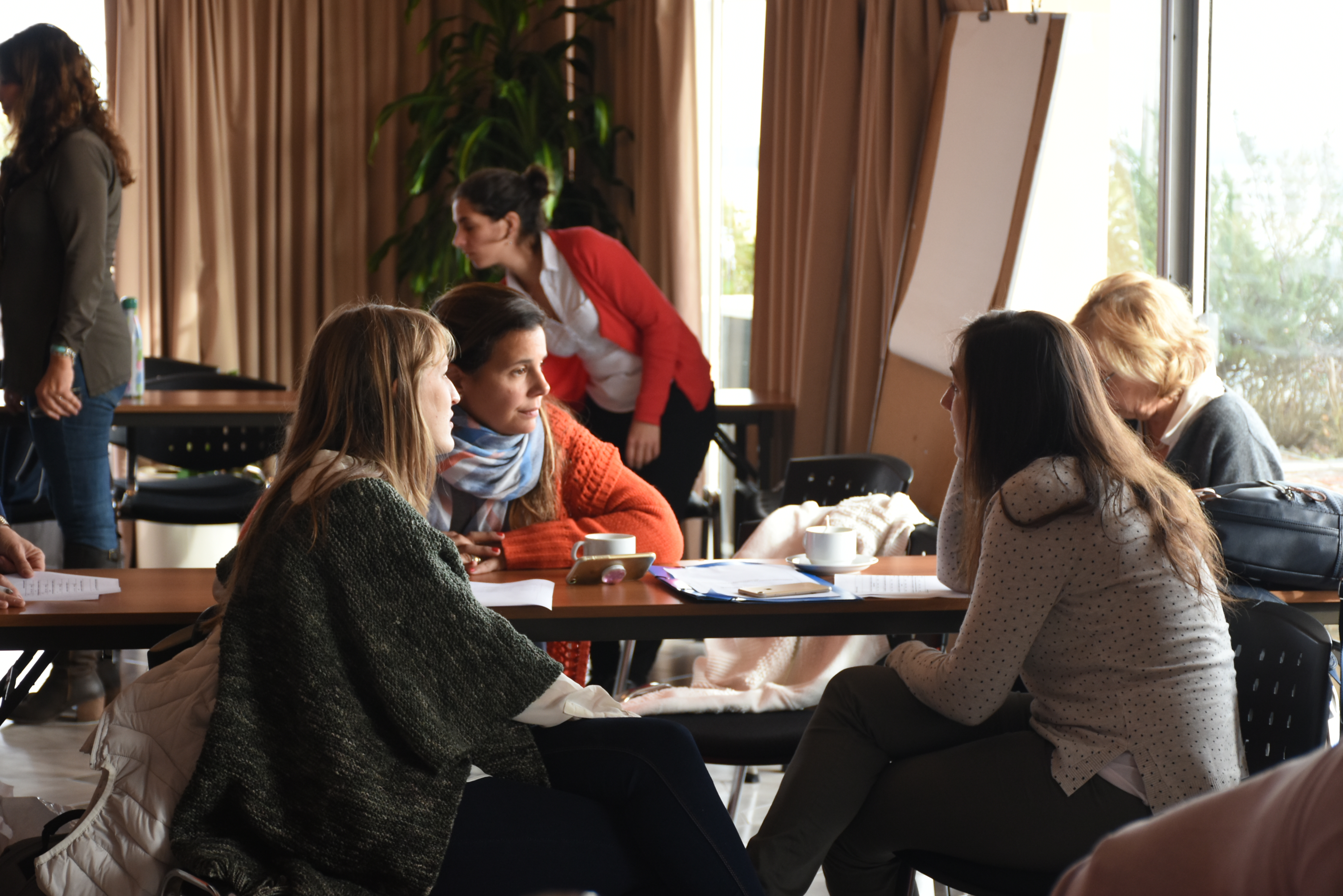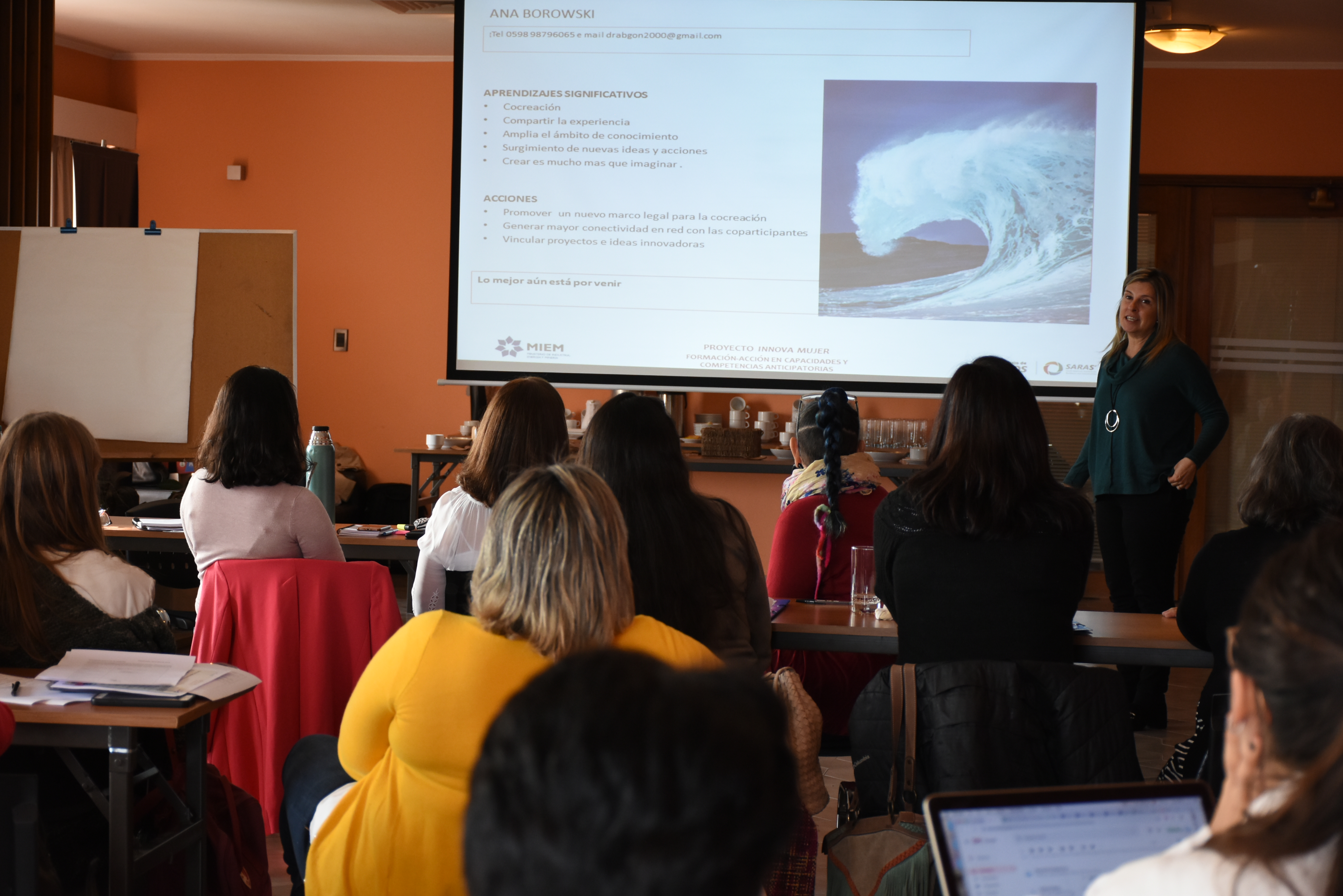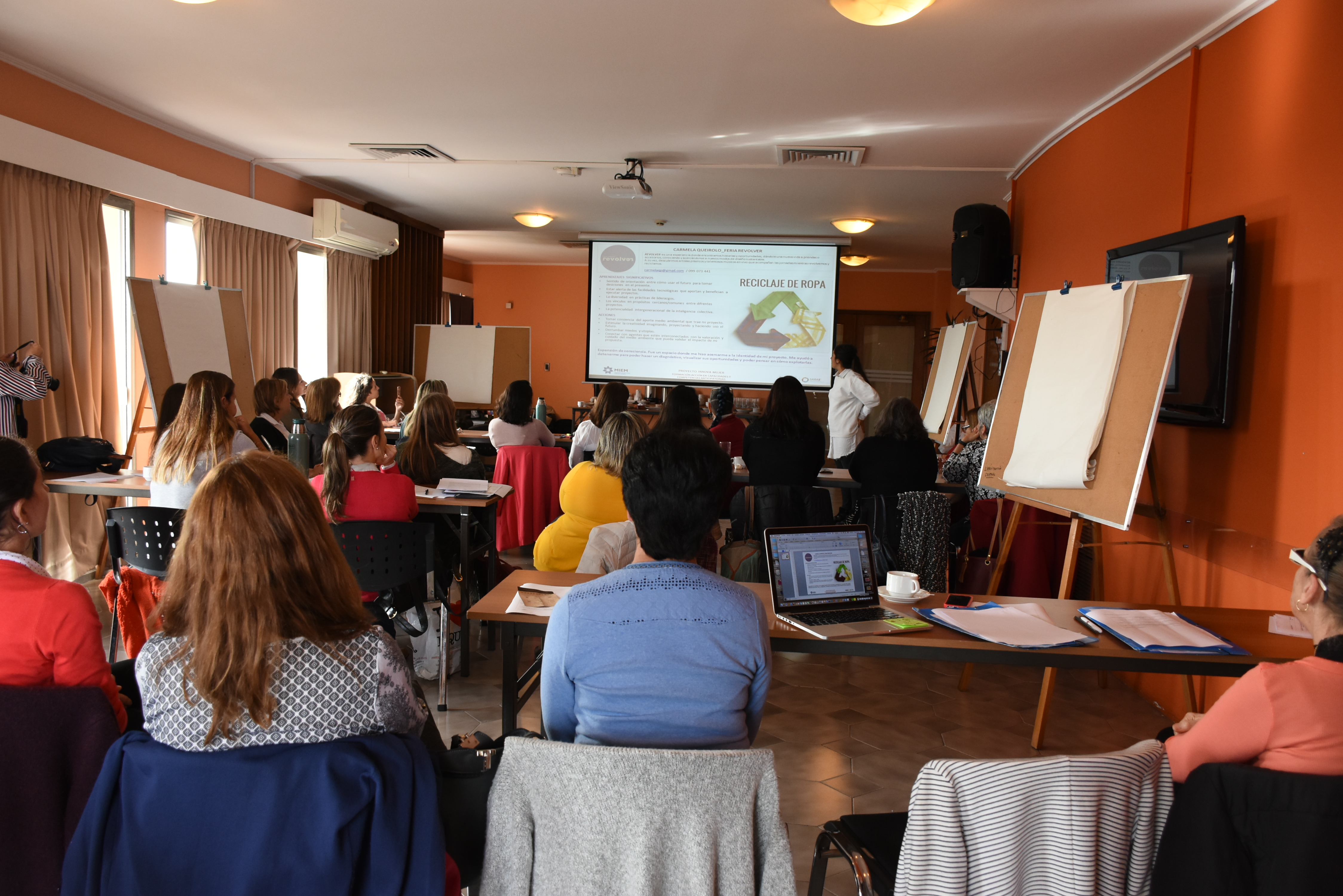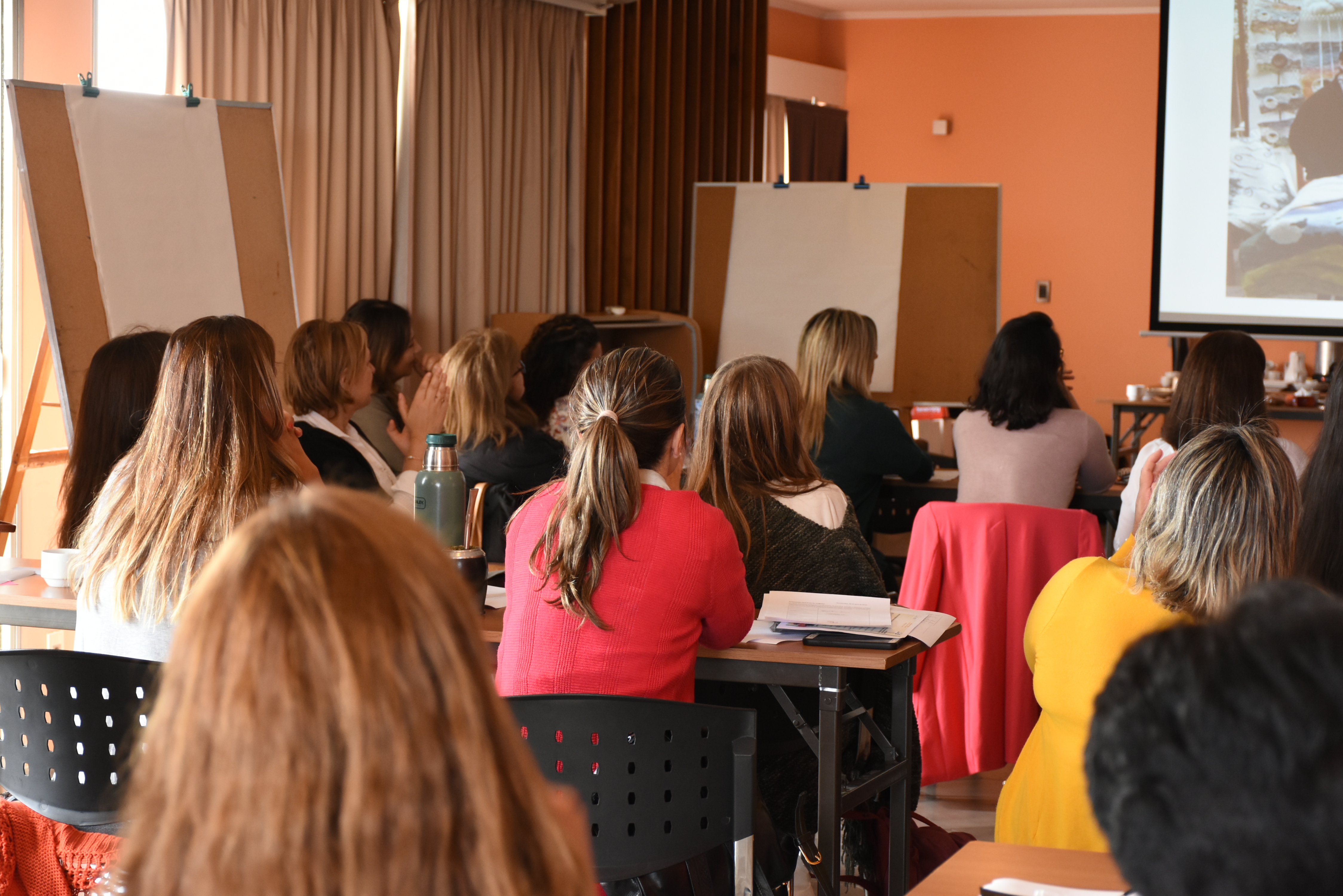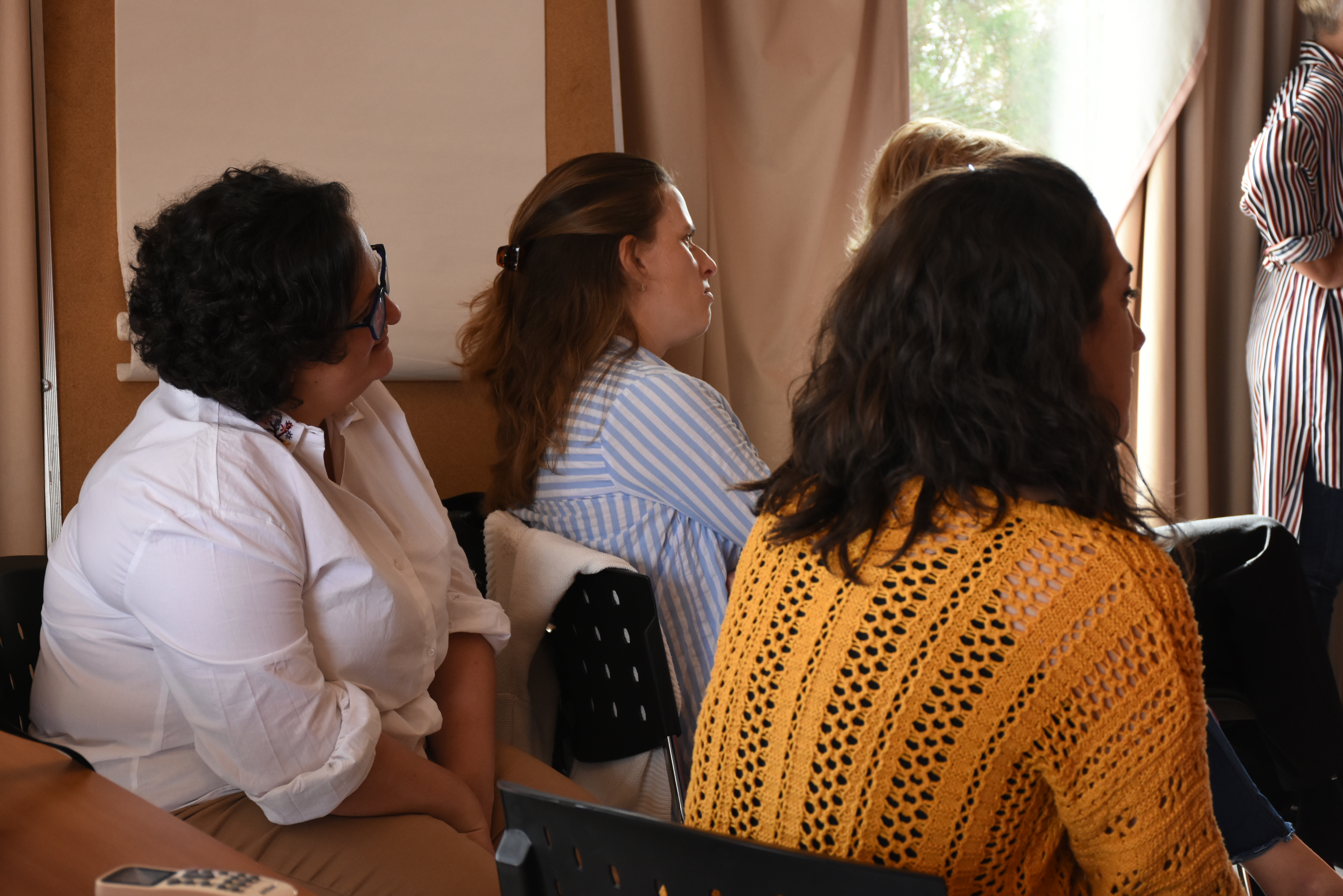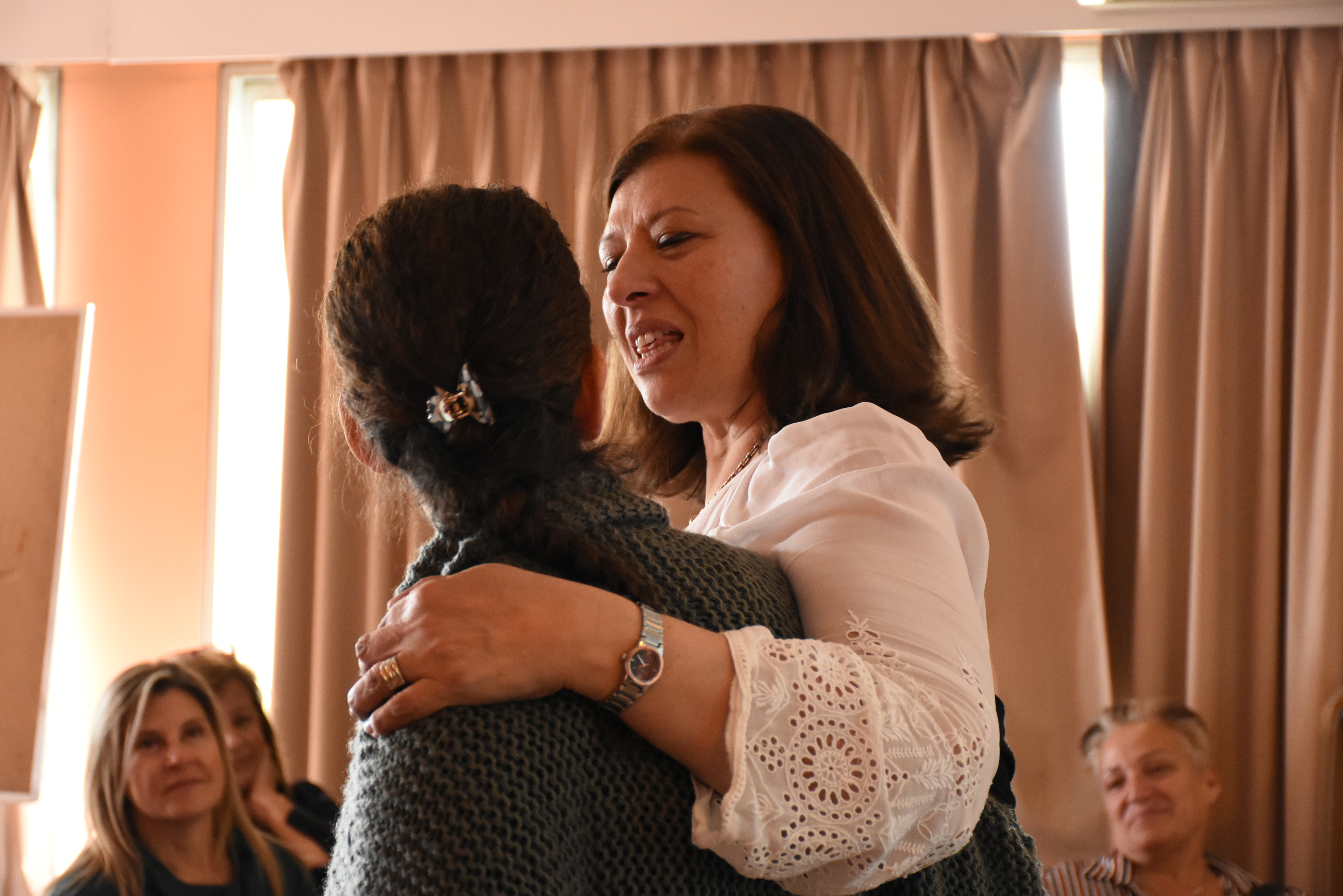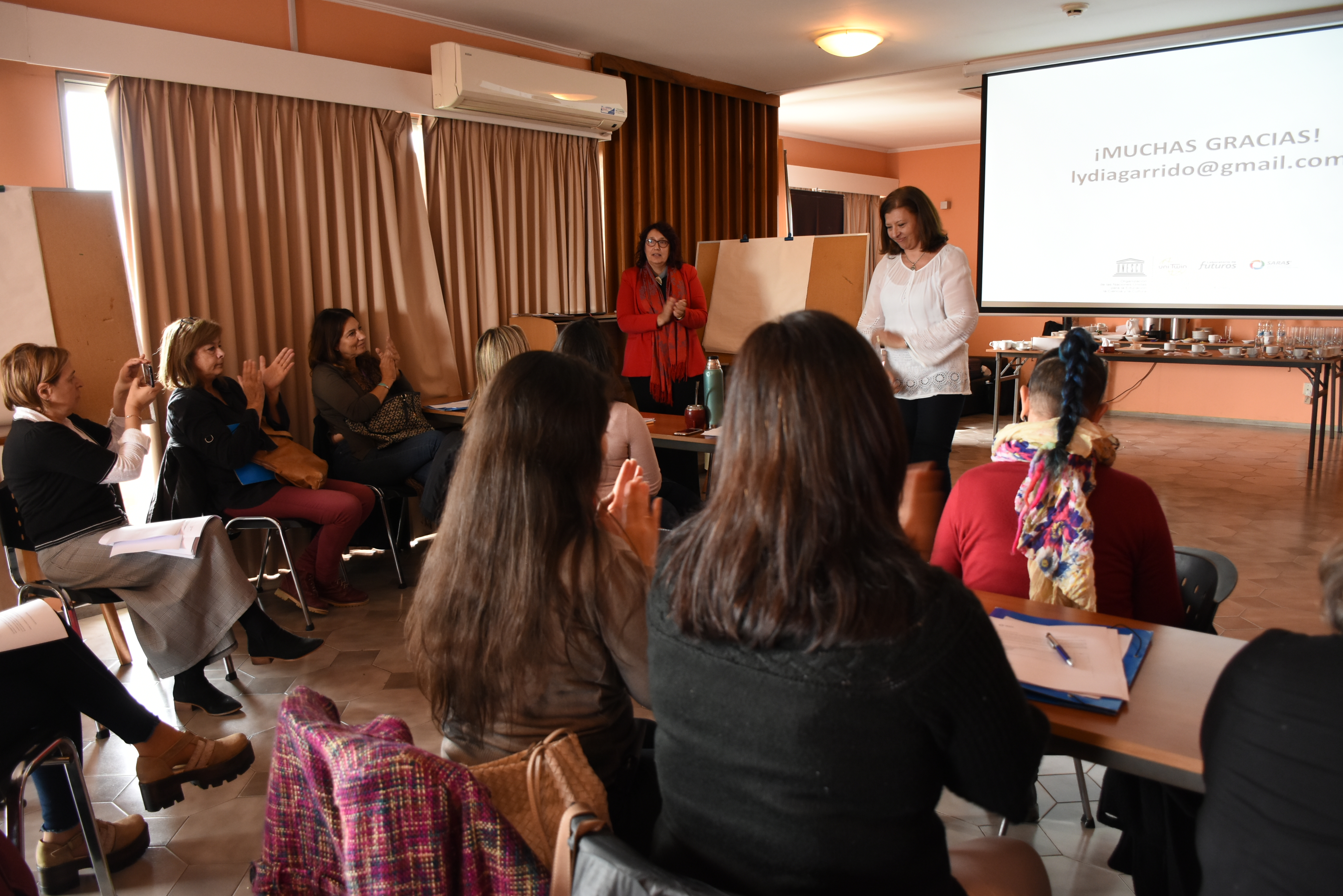UNESCO Chair on Sociocultural Anticipation and Resilience developed first workshops in collaboration with Innova Mujer
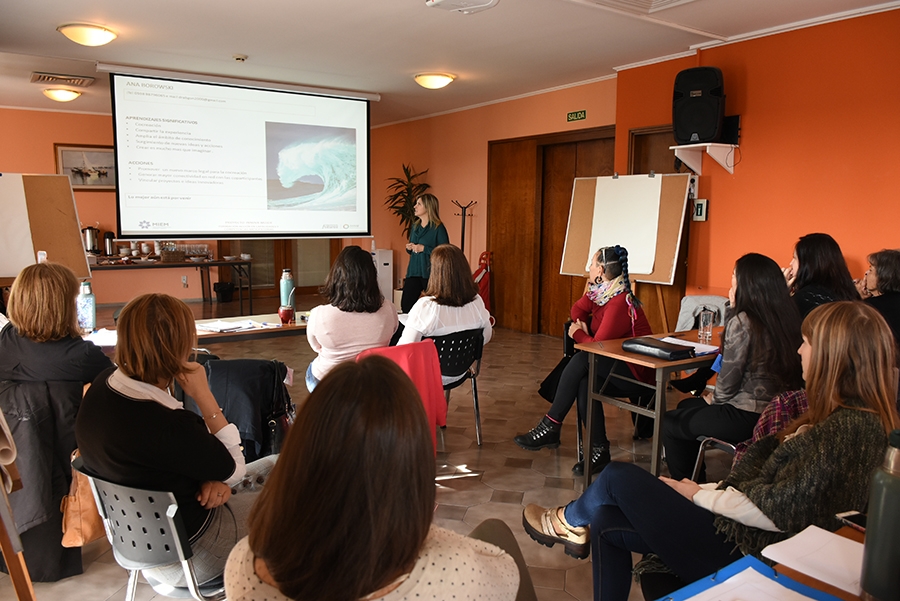
Anticipating, adapting, being resilient, innovative and creative are some of the main capacities that are presently essential for management. Also known as “soft skills”, they may be innate or learned through training as was the case of the participants of the Innova Mujer program.
In order to promote capacities and competencies for sustainable development, and above all to empower businesswomen, the first work experience was carried out between SARAS based UNESCO Chair on Sociocultural Anticipation and Resilience and the program “Innova Mujer”* which is part of the General Directorate of the Secretariat of MIEM (Spanish acronym for Ministry of Industry, Energy and Mining), within the framework of its Commission for Sustainable Social Development and Gender Equity.
This cycle of workshops constituted the first formal activity developed by the Chair in this 2019 in cooperation with a local institution in the Uruguayan context, as part of an ongoing attempt to develop a global Collaboratory and setup a program of permanent learning in Futures Literacy at regional level.
The work process, which expanded over the course of five months, consisted of a design stage that was “tailor-made” so as to accompany the businesswomen group’s learning process and their needs. The main objective was to create the conditions that allow social and individual transformations for sustainable well-being, through the support and development of transverse anticipatory skills and competences through the promotion of exploratory activities and the enhancement of creativity. This derives from the understanding that anticipation constitutes a fundamental aspect in the processes of adaptation and resilience, by guiding and making sense of new and changing information in contexts of uncertainty, as well as integrating multiple types of knowledge.
About 35 female entrepreneurs were the protagonists of a series of workshops and personalized coaching interviews with an emphasis on anticipation as a key capacity for learning and creativity.
The purpose of the 6 workshop sessions revolved around providing tools so that each businesswoman could incorporate innovations to their products, processes or services and to lay the foundations for developing companies that are not only innovative but also creative.
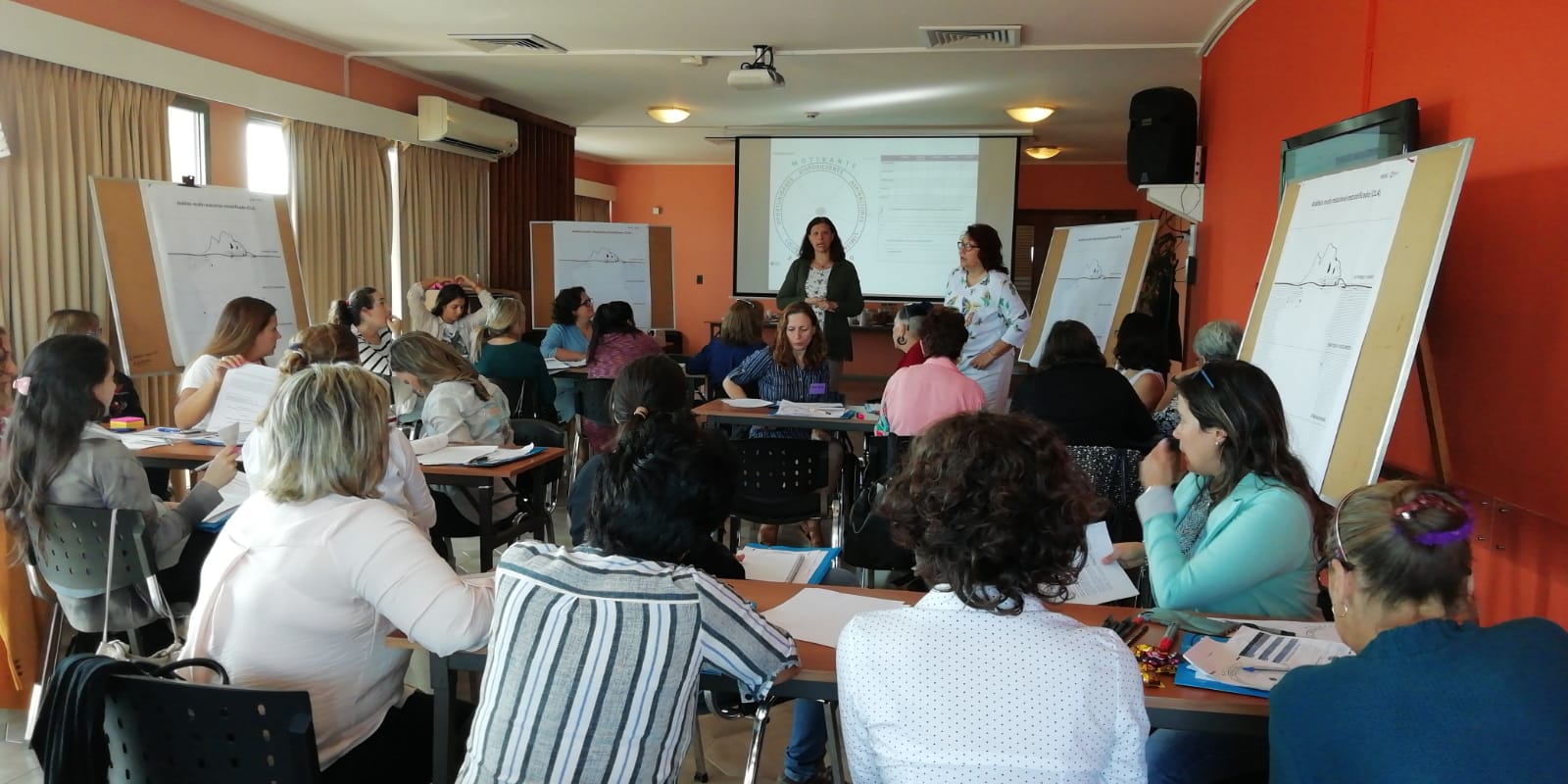
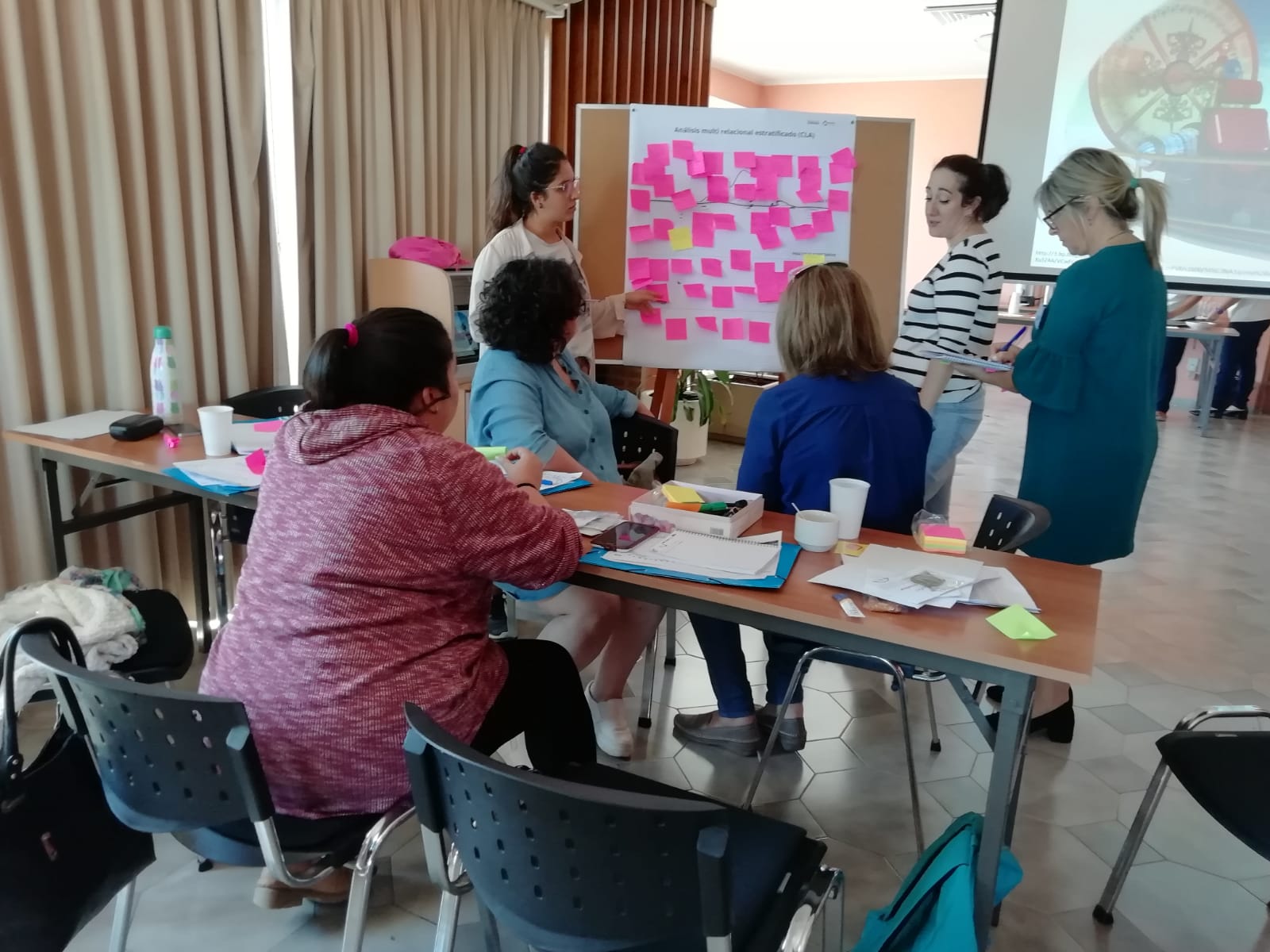
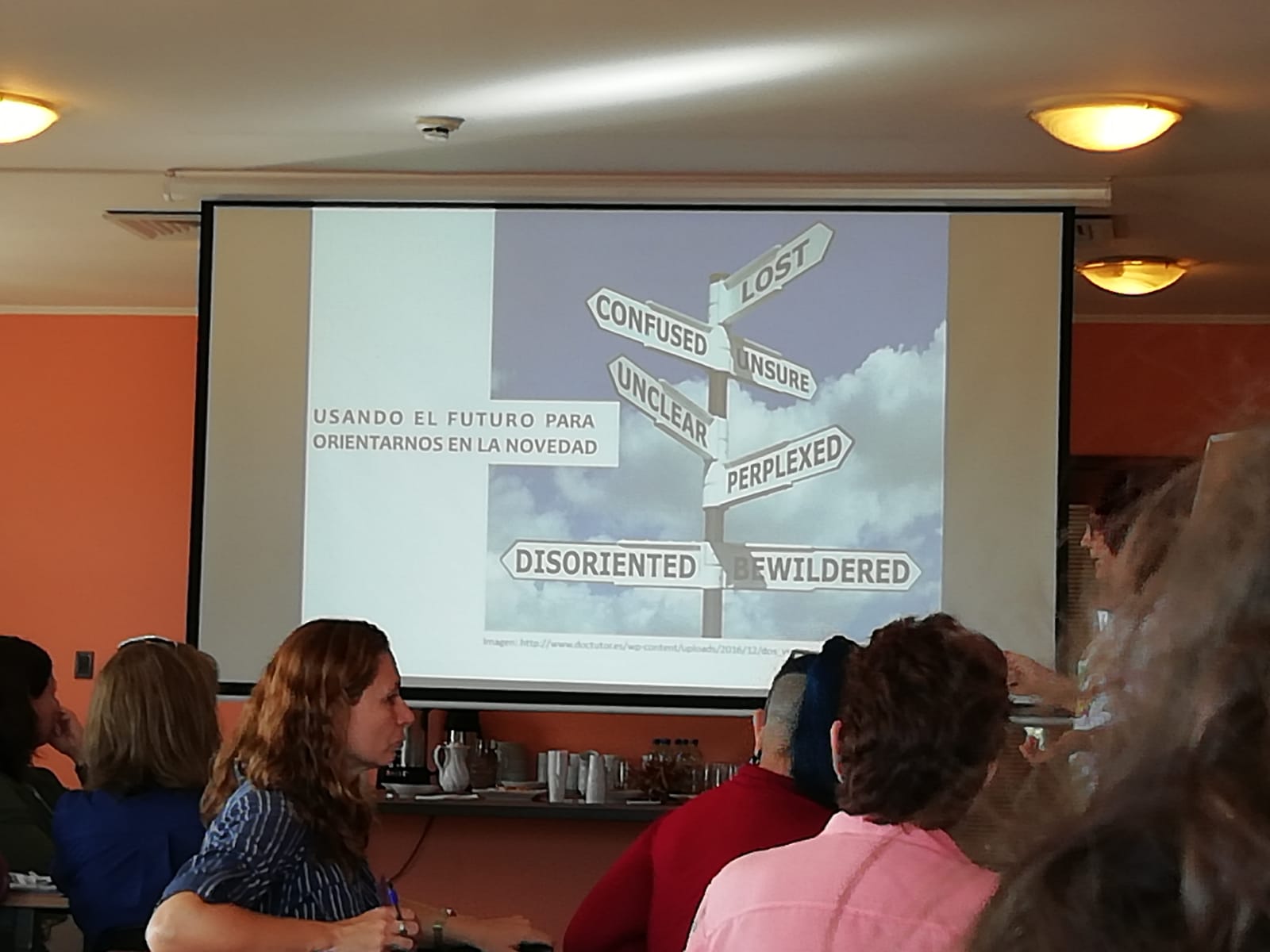
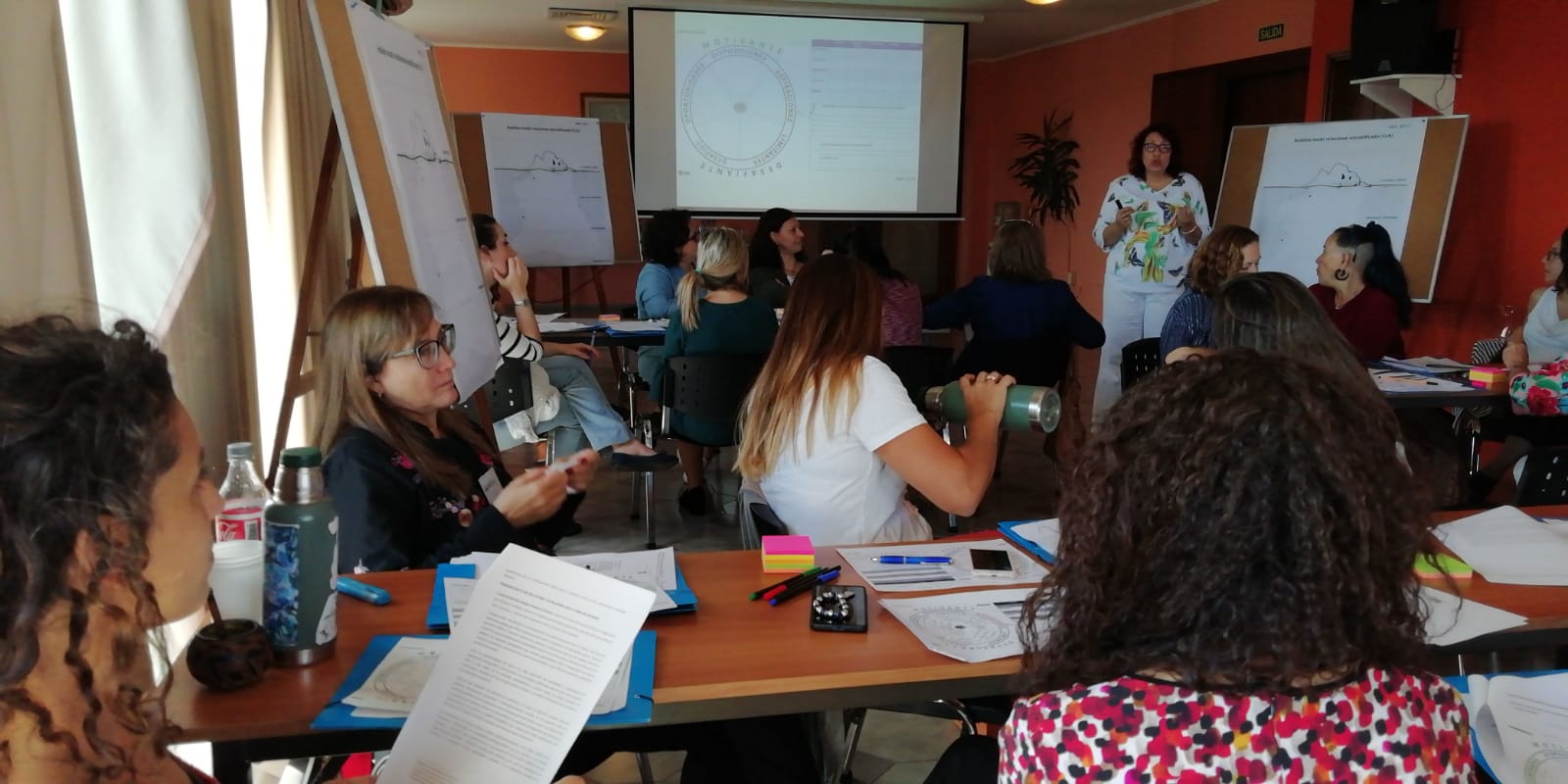
Being that innovation, creativity and continuous learning are today considered ” soft skills”, that the group of entrepreneurs who took part in this cycle were empowered around topics such as what is their contribution of value to the current labor/business scenario. Finally, the aim was also to generate engagement and community belonging through the whole process, which resulted in positive exchanges and the development of a ‘shared language’, based on the exchange of knowledge and information especially by learning through practice with co-creation methodologies. Cooperation and collaborative work modes were experimented, which surprised participants positively impacting on the efficiency with which they handled and achieved the goals of the different tasks and activities proposed.
Participants evaluated these workshops as very enriching, allowing them to find different perspectives and potentials within their own ventures, which prompted them to even reformulate and expand their businesses value propositions, therefore, representing a concrete impact on the development of their companies at medium to long term timeframes.
They also expressed to feel more comfortable with the idea of the future, as well as more empowered when it comes to assertively handling uncertainty.
For Lydia Garrido (SARAS Institute Associate Researcher), who leads this UNESCO Chair, the course “widely fulfilled the expectations and the aims regarding the training aspects of it. She indicated that “participants understood the texture of temporality, they could realize how we tend to project what is known in the present towards the future, where the past appears in the present as projected towards tomorrow in terms of repetitions or continuities (…) – ‘more of the same’; thus limiting the ability to creatively imagine alternatives – think differently.” In UNESCO’s Future Literacy approach, differentiating change from permanence is a key step in understanding how to “use the future” in the present and, therefore, identify where barriers and opportunities to actively shape our futures may be hidden.
In summary, based on the testimonies of all the participants, it was confirmed that they managed to discover a “wider world”, with alternatives and possibilities right here in the present, in their contexts, which are accessible to incorporate in their decision making and action, and so apply it to their activities and companies. They managed to live and experience how to change their anticipatory assumptions, change their perception of the present and, in short, open up new futures.
